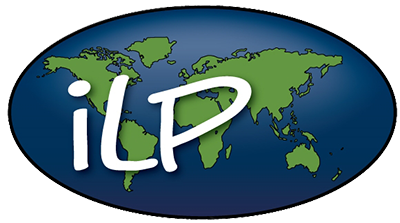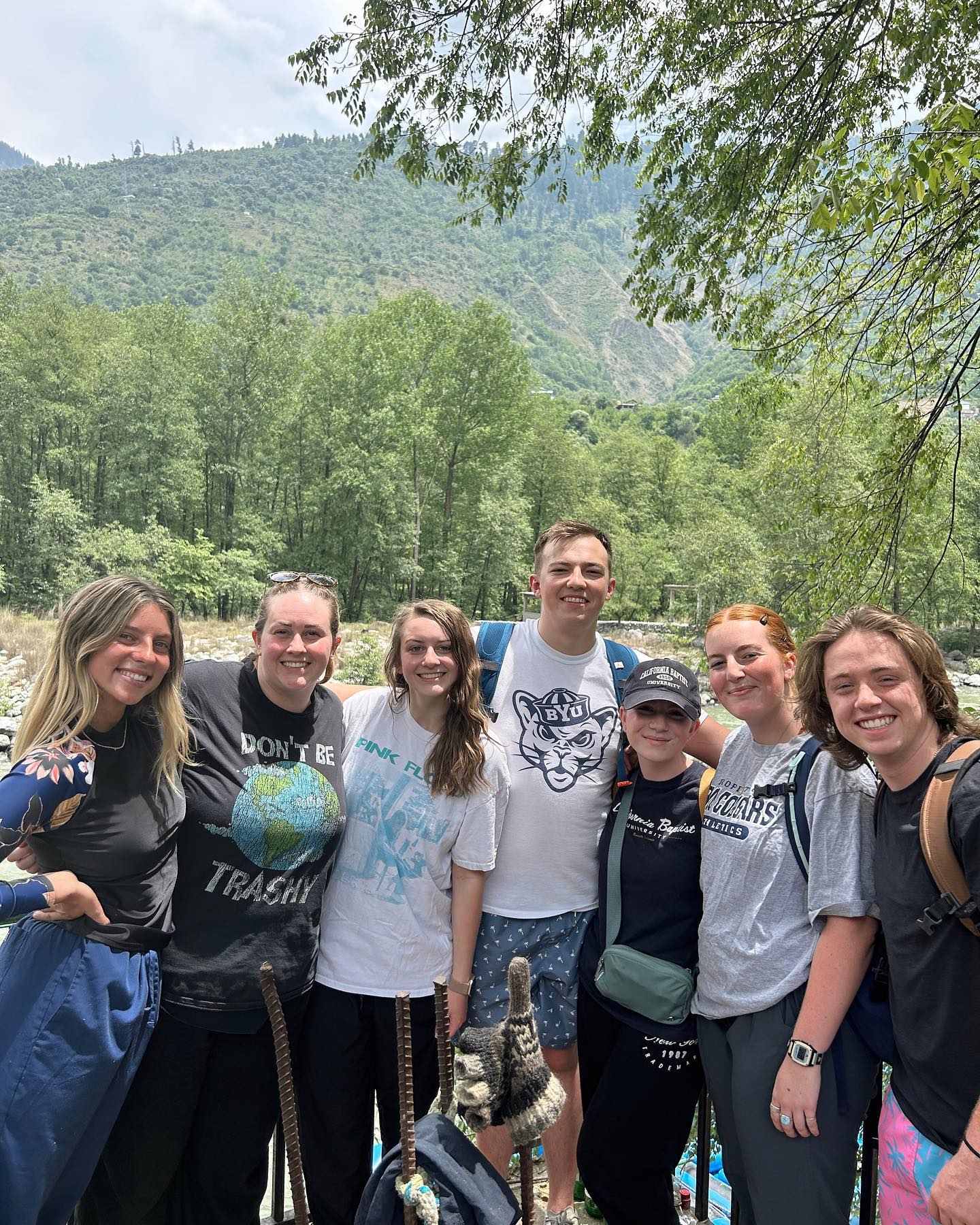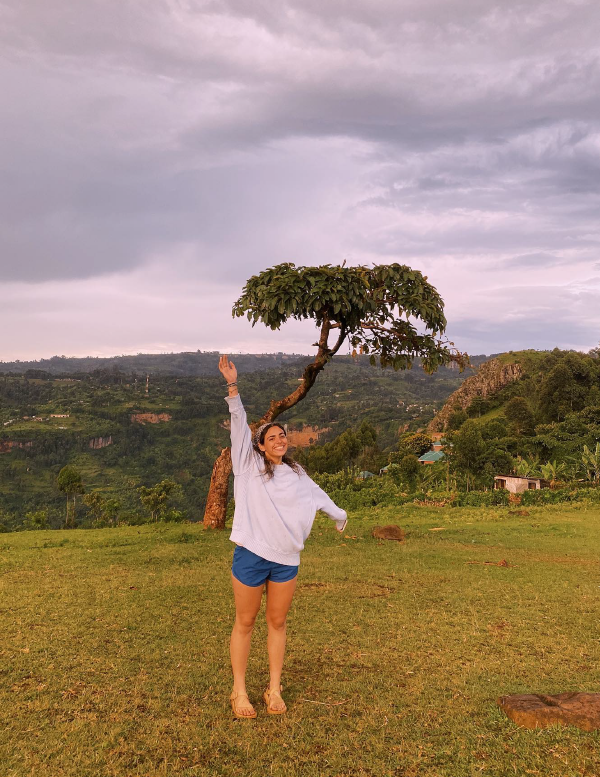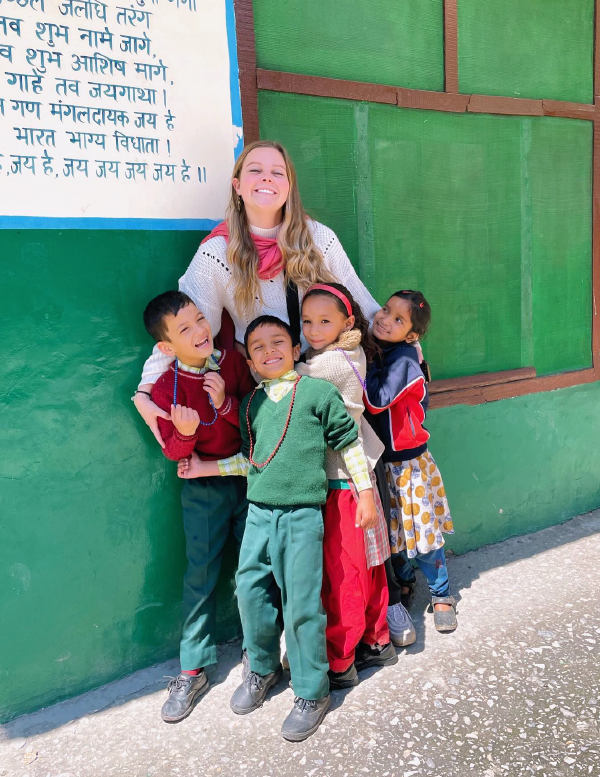ILP volunteers follow a teaching method known as Duolingual Education; it’s a methodology developed by the late Dr. Trevor McKee, Ph.D., professor of Human Development and Psycholinguistics at Brigham Young University. ILP volunteers will use this teaching method in the classroom which helps the kids learn English similarly to how they learned their native language naturally as a young child: through fun activities and experiences, all conducted by a native speaker (that’s you!)
When teaching the younger kids (the Primary Level), classes are made up of around 8 students; they’ll attend ILP classes and complete activities in English. During this time, the students will rotate to different “lessons” (or content areas) taught by different teachers (each one lasting about 20-30 minutes). For Primary lessons, teachers won’t be teaching in a formal sense — it’s more similar to a structured, fun party. In English, children will play games, sing songs, hear and act out stories all through activities which focus on students learning to speak English.
For more advanced classes with older students (Elementary level), teachers create lesson plans using things like textbooks, grammar strategies, etc as students focus more now on reading and writing, while also improving their speaking skills.







